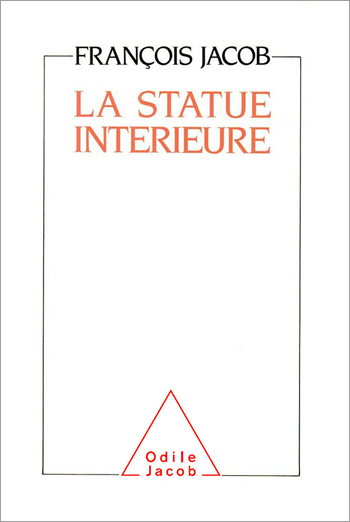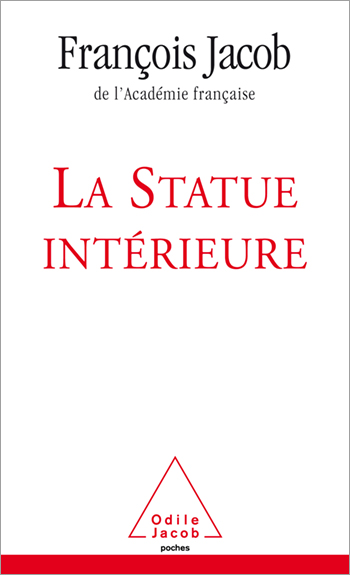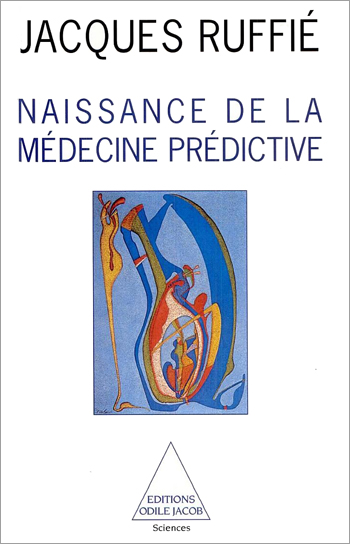Results for the keyword medicine
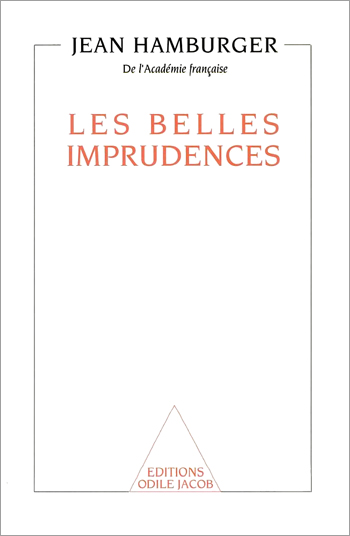
Jean Hamburger
Beautiful Imprudences
"Man has broken all the commandments to which living beings are bound. We had the audacity to want the weak to be protected. We gave rights to the individual. We decreased the rate of infant mortality and doubled the rate of life expectancy. But can we avoid the punishments of these beautiful imprudences?" Jean Hamburger Jean Hamburger was at the forefront of modern necrology and the principals of medical resuscitation. A member of the Académie Française and the Académie de Médecine, he was also President of the Académie des Sciences.
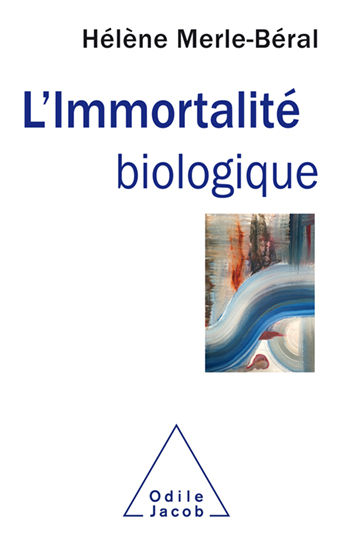
Hélène Merle-Béral
The Biology of Immortality Who wants to be immortal?
Immortality is no longer what it used to be. This brief history introduces the proponents and the implications of it. Life can be prolonged; medical science is constantly proving this; but it cannot thwart the great laws of biology.
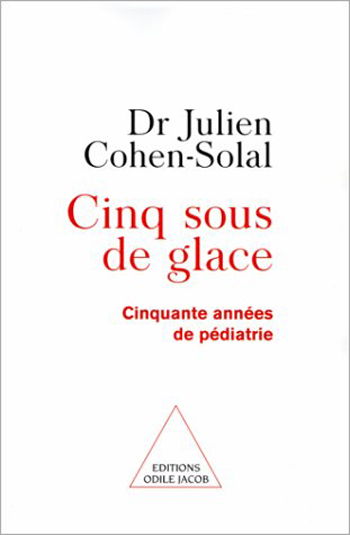
Julien Cohen-Solal
Cinq sous de glace Fifty Years of Pediatrics
Julien Cohen-Solal has made some of the greatest progress over the past several decades in France in understanding the needs of young children. After many of his books have become classics in the field and served as landmarks to many families, Cohen-Solal tells today of his childhood and adolescence in Algeria during the 30s and 40s, of his discovery of the Parisian post-war medical world, of the influences and discoveries that punctuated his education, and of relationships with parents and children that were important to him. Now is the occassion to celebrate fifty years of pediatrics in France, fifty years of scientific, clinical, and psychological advances.
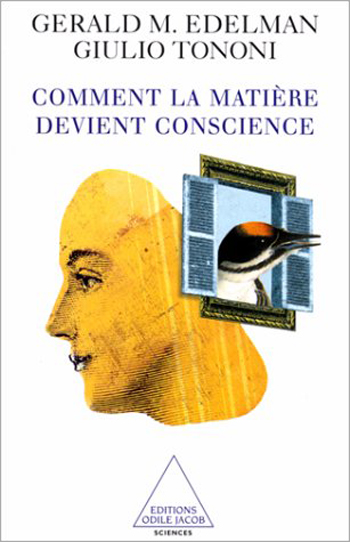
Gerald M. Edelman, Giulio Tononi
Consciousness : How Matter Becomes Imagination
How do the physical occurrences which take place in our brains create the world of conscious experience ? Philosophers have long disputed this question but today, it is science which is in a position to formulate real answers. Gerald M.Edelman and Giulio Tononi demonstrate that the processes which lead to consciousness are not confined to the brain, but are actually dependant on the functioning of numerous areas. They also show that these interactions are not fixed processes, but are constantly adjusted and modified. This research represents one step further towards understanding our identity and our complexity. Gerald M.Edelman, who has received the Nobel Prize for medicine, heads the Institute of Neurosciences at La Jolla in California. Giulio Tononi is a researcher at the Institute of Neurosciences.
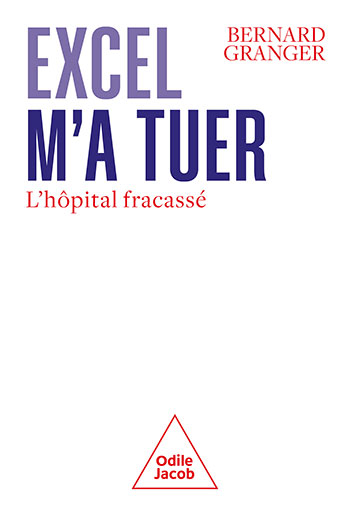
Bernard Granger
The Death of the Hospital?
After two years of health crisis, emergency response measures, overflowing hospitals and mass mobilization, a clear-eyed account of the state of hospitals today based on insider experience and lived examples.

